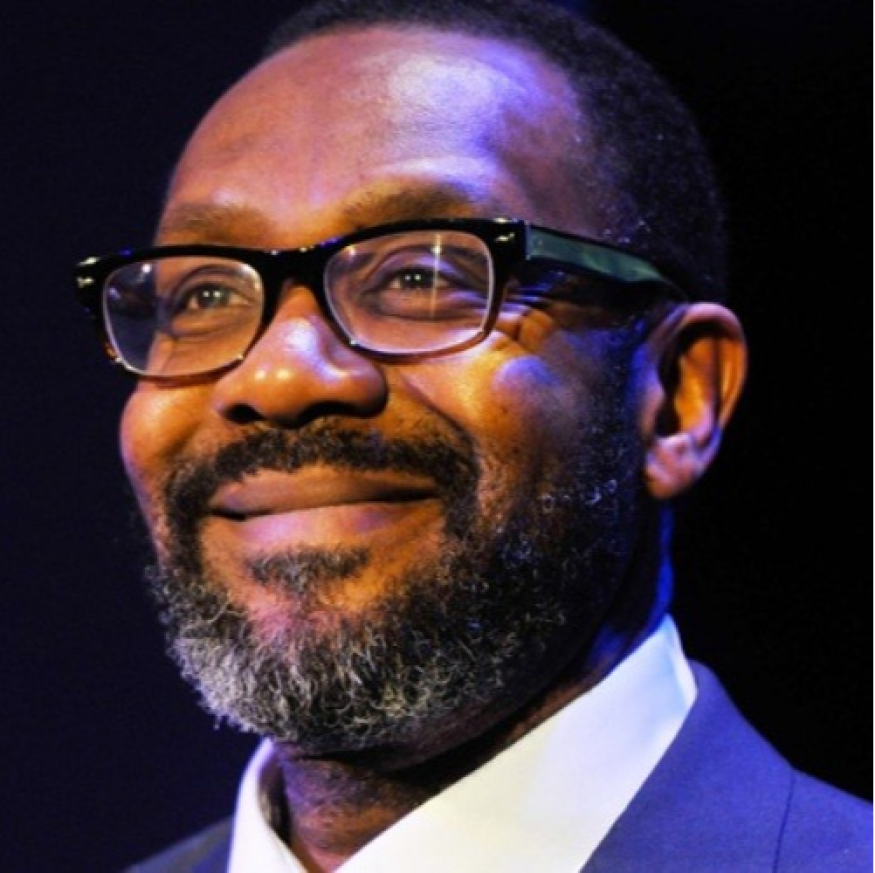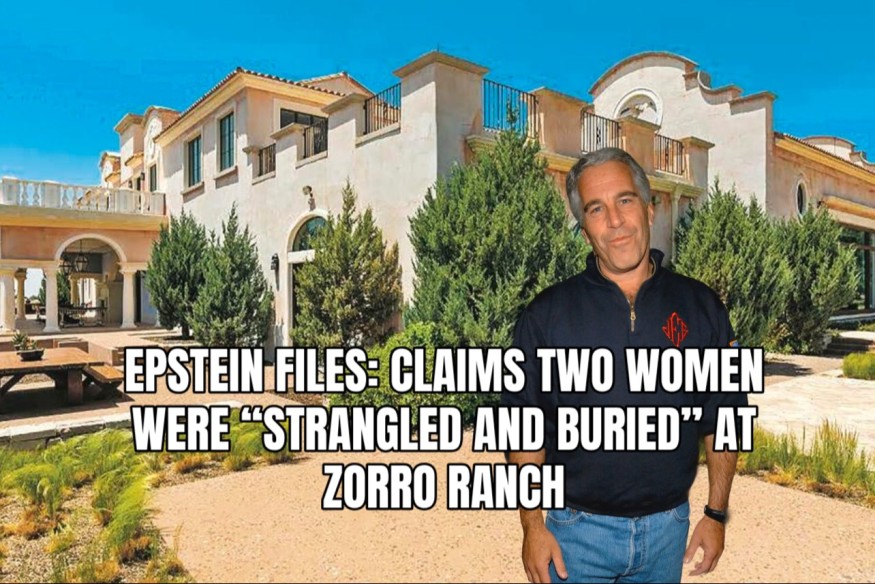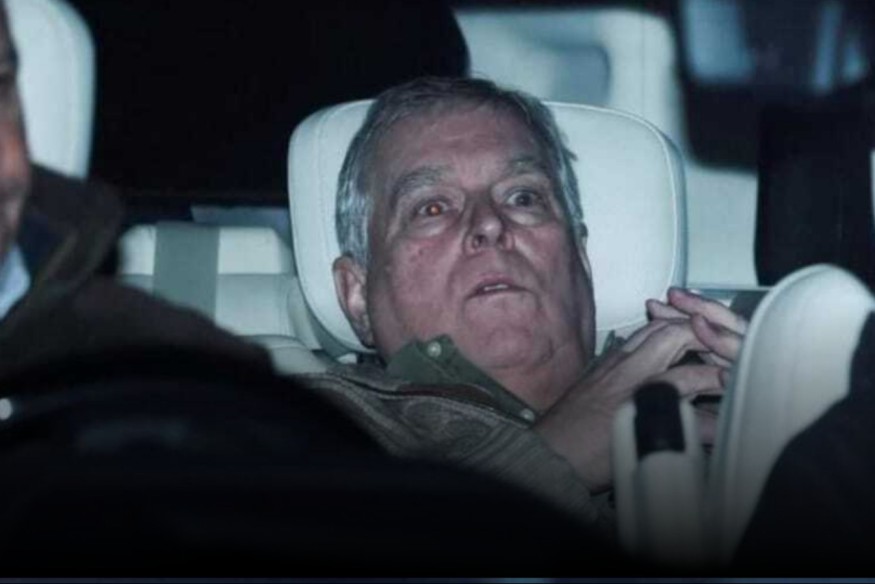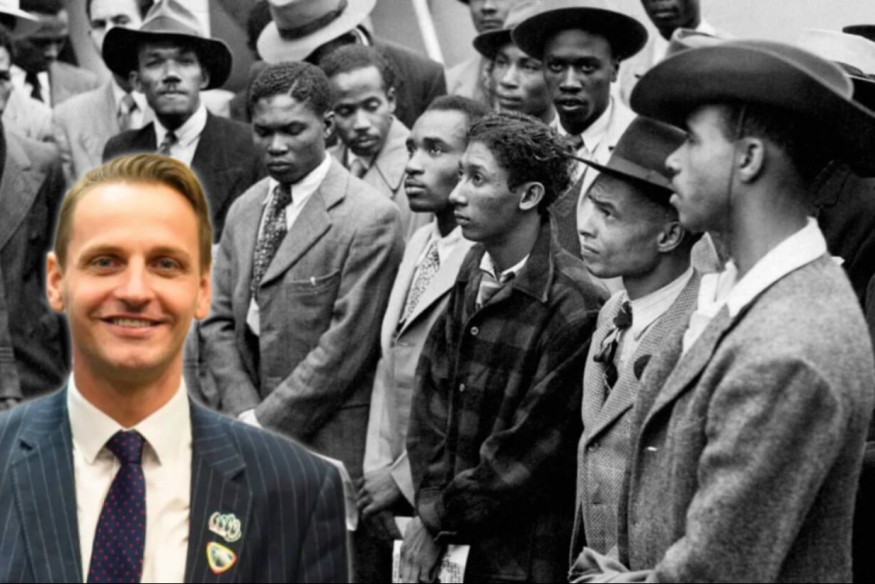
October 10, 2025
Sir Lenny Henry has ignited fierce debate with his call for the UK to pay £18 trillion in reparations to Black Britons and Caribbean nations for the enduring legacy of slavery—a figure that includes £12 trillion in direct compensation for Black British citizens alone. In his new book The Big Payback, co-authored with Marcus Ryder, Henry argues that the systemic racism, economic disparity, and overrepresentation of Black people in prisons are direct consequences of the transatlantic slave trade. His demand is not just financial—it’s moral, historical, and deeply personal. “We personally deserve money for the effects of slavery,” he writes, challenging Britain to confront its past not with silence, but with accountability.
Whether this call will be heard is another matter entirely. Britain has a long history of deflecting responsibility when it comes to colonial harm. The Windrush scandal, still fresh in the minds of many, exposed how Black Britons—many of whom built this country—were treated as disposable.
Advertisement
Compensation was slow, inadequate, and riddled with bureaucracy. Henry’s demand, though bold, enters a political climate where even symbolic gestures of justice are met with resistance. The royals remain silent, the government cautious, and the media divided. Yet silence is no longer neutral—it’s complicit.

“All Black British people … need reparations for slavery. We personally deserve money for the effects of slavery.”
This is a fight worth fighting, not because the payout is likely, but because the truth must be told. Reparations are not just about money—they’re about recognition, repair, and restoring dignity. The Brattle Report, which estimates Britain’s debt at £18.6 trillion, lays bare the scale of harm: unpaid labour, psychological trauma, stolen future.
Advertisement
Critics argue that no one alive today owned slaves—but many still benefit from the wealth slavery built. Meanwhile, those descended from the enslaved continue to suffer the consequences. To ignore this is to perpetuate injustice. Will Black voices ever be truly heard in Britain? Will the anguish of centuries ever be met with justice?
Advertisement
Henry’s call is not just a demand—it’s a mirror held up to a nation that prides itself on fairness but flinches from truth. Reparations may not come tomorrow, but the conversation has begun. And in that conversation, there is power. There is hope. There is the possibility that one day, Britain will not just acknowledge its past—but act on it.








